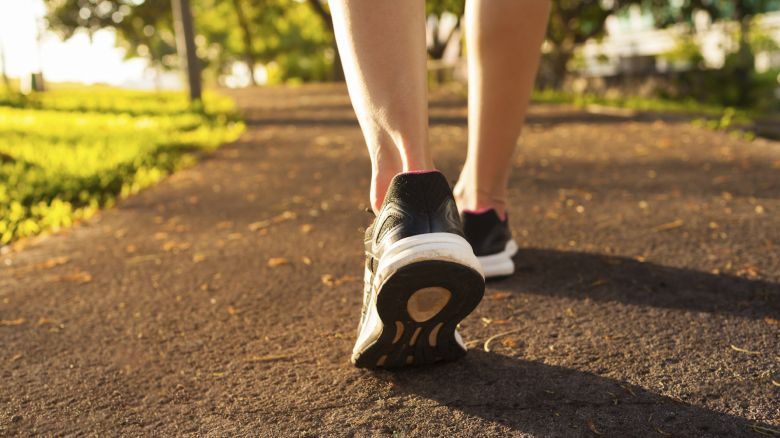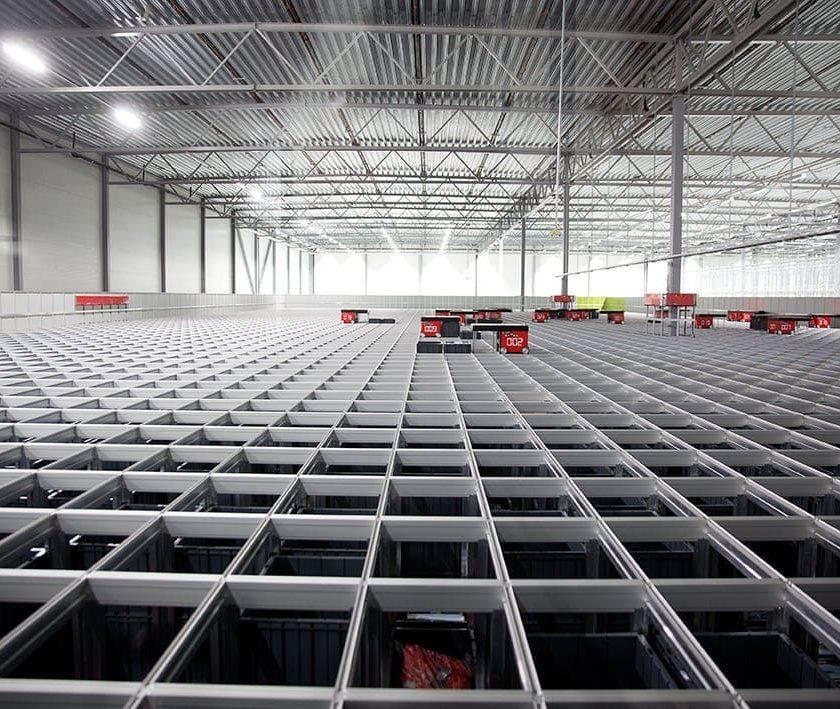Many of us desire to live clean and green. We love our planet (it is the source of our livelihood, after all) and wish to see it continue to thrive.
Much like the human body requires maintenance, so does our planet. The environment is a fragile resource, but unfortunately one that is frequently exploited or undervalued.
Without significant changes to our lifestyles and deliberate effort to come up with more sustainable practices, our society risks serious consequences, including some that are irreversible.
Fortunately, sustainable living doesn’t have to be something that’s confusing or challenging. This is true even when living in an urban environment where it may be more difficult to access more traditional means of sustainable living.
If you live in a big city, don’t worry – there are many simple, tangible steps you can still take to reduce your impact on the environment. The following article will help you get some fresh ideas on how to live sustainably and responsibly. Living sustainably can help combat climate change, and strengthen mental health. Click here for more mental health resources.
The Importance of Sustainability
As mentioned, sustainable living is one of the easiest ways the average person can reduce their personal impact on the environment. It also encourages others to do the same, especially as more and more industries adjust to cater to educated consumers.
Embracing sustainable living and the positive ripple effect it can have mirrors the benefits of having a large selection when moving. Just as industries evolve to offer environmentally conscious options for the discerning consumer, the real estate market caters to those seeking a residence that aligns with their values. Whether one desires an energy-efficient urban apartment or a green-built home in a community dedicated to sustainability, the choices are plentiful. This array of options enables individuals to select a home that not only reduces their environmental footprint but also supports a lifestyle that encourages others to consider the impact of their own living spaces.
Urban environments are some of the biggest sources of pollution, and it can be more challenging to find ways to incorporate sustainable practices (like recycling, composting, minimizing waste, etc.) into your lifestyle.
Changes You Can Make
Just because it’s challenging to make changes doesn’t mean it’s impossible.
Taking the time to sit down and consider what areas you might be able to make improvements in (and which ones you’re already doing well) can be a great way to get started.
Below are some easy-to-make changes that are adaptable even to the most unusual living situation in the biggest city.
Change Your Mode of Transportation
One of the most obvious ways to put the environment first is to choose to use more eco-friendly methods of transportation.
Walking and biking to your destination will provide your body with the exercise it needs while not producing any sort of emissions that are derived from automobile travel.
If your destination is quite far away and cannot be reached on foot or by bike, consider using public transportation. Buses, subways, and trains all help reduce emissions by allowing for multiple people to be transported at once.
If you cannot take public transportation, try to carpool. Making trips with friends is not only environmentally friendly, but it also can prove to be an enjoyable experience.
Start a Garden and/or Eat Locally
If you have any greenspace at your urban residence, it is a great idea to start a garden. Eating fresh foods is an enjoyable and rewarding way to be green.
If growing plants in a garden is not an option for you, choose to eat produce and meats from local farms or suppliers.
Not only do these farms tend to be more ethical and leave less of a mark on the environment, they also avoid unnecessary waste that’s often associated with mass-production. The less packaging that is used in food processing, the greener.
Reduce Your Electricity Usage
One way to quickly cut down on your energy consumption is by reducing the amount of time spent with lights on or minimizing how often you leave televisions or other devices running.
When you are not in a room, turn off the lights. Likewise, when you are not watching the TV or using your computer, turn them off. This not only saves energy, but it also saves you money on your electric bill.
Reuse and Recycle
Finding uses for things you were going to throw away saves you money, helps avoid increasing the size of landfills, and minimizes the amount of production necessary to create the goods you use.
For instance, instead of throwing away the shoes you wore the treads off of, use them when you do work in the yard or clean around the house.
You can also consider donating or re-selling items you genuinely have little use for rather than tossing them. In addition to repurposing objects, be sure to recycle. Many municipalities have programs and regulations for recycling different materials.
Oftentimes towns give instructions on how to recycle glass, plastic, paper, and other materials.
If this information isn’t readily available to you, be sure to consult local government websites or similar resources – even if your recycling doesn’t get picked up with your trash, you can still collect recycling and drop it off at recycling collection centers on your own.
Avoid Plastic Water Bottles
Plastic bottles are a very common source of waste, and worse yet, waste that will linger on the planet for centuries.
Instead of buying cases of bottled water, try a reusable water bottle or use a filter to purify the water that comes from your tap. This way, each time you have a drink it will be from a washable glass rather than a plastic bottle. And, for those situations when you need to use a plastic water bottle, make sure you recycle it after you are done.
Support Companies that Promote Conservation
Many companies, such as Patagonia, choose to make their products from recycled materials. Some companies may also participate in conservation efforts to protect our natural resources. It is important to support these companies through our patronage so that they may continue to produce products in an environmentally-conscious manner.
Conclusion
These tips and tricks will help you live a more sustainable life even within the city limits. Living green can be tough, but continue to make small efforts that can have a big impact on our planet. Don’t let barriers discourage you from making a difference.
Author: Marie Miguel




